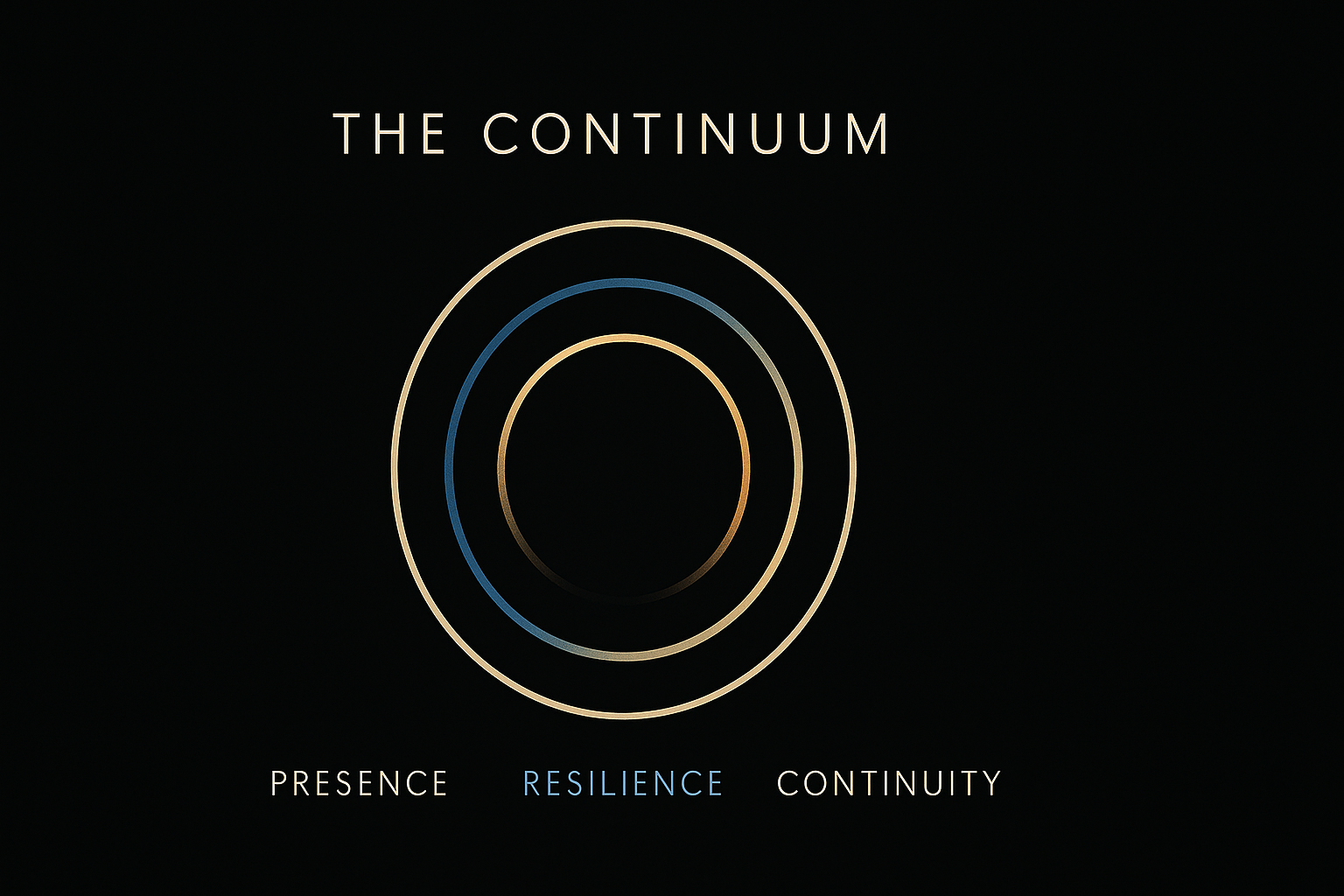What Gorgias knew, and we forgot, about how persuasion shapes the world
When my daughter talks about her studies in theoretical physics, I’m fascinated—and quickly lost. She’ll start explaining some concept about quantum fields or the curvature of space-time, and within minutes I’ve turned into a small child again, endlessly asking, “Why? But why?”
Eventually, she’ll smile and say, “Dad, there are no words for this. You’d have to see the maths.” Sometimes I suspect that’s her polite way of saying I’m too thick to understand—but I also know she’s right. There are limits to what language can carry. Some ideas are so dense, so abstract, that even human cognition struggles to contain them.
That’s fine when we’re talking about physics. But when it comes to politics, society, or climate change, the same problem of language—of communication—starts to cost us dearly.
Many of us, especially those who think of ourselves as centrist or left-leaning, have fallen into a comforting trap: we assume that truth and facts are enough. We look at the data on global warming, the evidence supporting democratic institutions, the science behind vaccines, and we think: how could anyone not see this?
Yet a great many people don’t. Or they see it and roll their eyes. It’s not because the facts are wrong or incomplete. The problem is simpler—and far more dangerous. Someone else has spoken to them in a way that makes more sense. Someone has persuaded them.
The far-right’s recent surge across Europe shows this clearly. They’re not winning because they have better policies or more credible data. They’re winning because they’re better storytellers. They have mastered the art of emotional language—clear, simple, and compelling. And while they persuade, we lecture.
This isn’t a new problem. In fact, an ancient Greek philosopher spotted it 2,500 years ago. His name was Gorgias, and he might have understood our present moment better than we do.
Gorgias and the Limits of Knowing
Gorgias lived two and a half thousand years ago, yet he understood something we still trip over today: that truth, as we like to imagine it, is slippery stuff.
He started with a simple question — how do we know anything exists at all? And from there he basically pulled the rug out from under everyone’s feet. If something has always existed, he said, then it never really “came into being,” so how can we even talk about it existing? But if it was somehow created from nothing — well, you can’t make something out of nothing either. Whichever way you turn it, the logic folds in on itself.
And even if you could prove that something exists, he went on, you’d never be able to truly know it. The things we think about aren’t the same as the things themselves. When you imagine a horse, you’re not touching some grand universal truth of “horseness.” You’re just rearranging memories and shapes in your head.
Then came his final twist: even if we somehow did know something real, we’d still struggle to explain it. Words aren’t reality — they’re just agreed-upon sounds or visual marks. When I say or write “fire,” you don’t get burned. You just picture something hot and bright, based on your own experience.
So what’s left? Gorgias’s conclusion was brutally practical: since we can’t really pin down truth, and can’t fully share what we know, the real point of communication isn’t to prove what’s true — it’s to persuade. The power lies not in being right, but in being convincing.
And that, I think, is where we’ve gone wrong.
The Power—and Failure—of Persuasion
Fast forward two millennia and here we are, still pretending that we can talk people into agreement with pie charts and data sets. The internet, we thought, would be the great leveller. Once everyone had access to all knowledge, surely we’d converge on reason and progress.
Instead, the opposite happened. We outsourced understanding to algorithms that spoon-feed us what we already believe. We’ve become happy to let our opinions be summarised, filtered, and served up by people who speak our language.
The far-right understands this better than anyone. They’ve made politics feel simple, emotional, personal. They speak to frustration, belonging, and fear. They persuade, not with evidence, but with recognition.
Meanwhile, the rest of us have been busy being right. We tell people they’re wrong, stupid, or uninformed—and then we’re surprised when they turn away. It’s like trying to teach by humiliation: it never works. Nobody changes their mind because they’ve been told they’re an idiot.
If Gorgias was right, and language can never truly convey objective truth, then persuasion is not manipulation—it’s the very essence of communication. To speak effectively is to connect, not to correct.
Learning to Persuade Again
So perhaps it’s time we stop talking like scientists explaining equations to the uninitiated, and start talking like humans trying to reach one another.
We need to relearn the art of persuasion—not as propaganda, but as empathy made articulate. That means speaking in stories, not spreadsheets. Framing ideas around shared experiences, not moral superiority. It means understanding that communication isn’t about proving people wrong; it’s about helping them feel understood enough to listen.
Because while we were assuming truth would win on its own, others were busy shaping the stories that define truth for millions. They’ve built movements not on accuracy, but on meaning. And meaning, as Gorgias saw long ago, will always win.
It’s tempting to think the future will simply drift back toward reason, like the tide pulled by gravity. But tides only move because something exerts a force on them. Persuasion is that force.
If we want to reverse the political and social unraveling we see across Europe—and beyond—we have to get back into the business of persuasion. Facts are vital, but they need translation into something the heart can hear.
Because the stakes are higher now. Those who benefit from confusion and division—whether for economic gain, ideological power, or apocalyptic belief—aren’t going to stop talking. They’re already fluent in the language of persuasion.
It’s time the rest of us became fluent again too.
As always, be excellent to each other.



